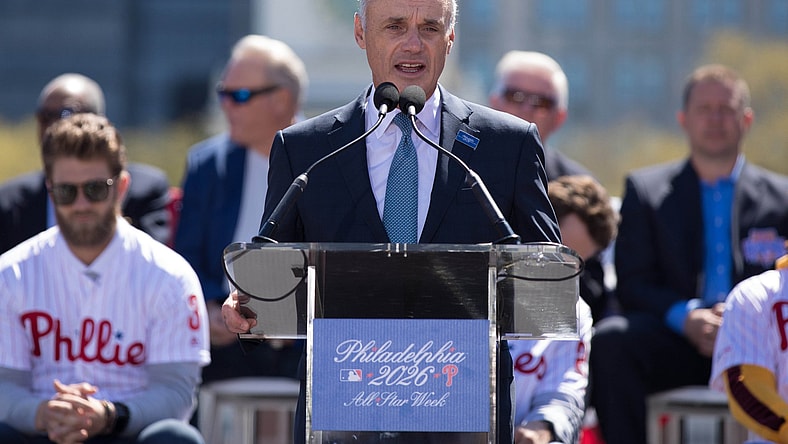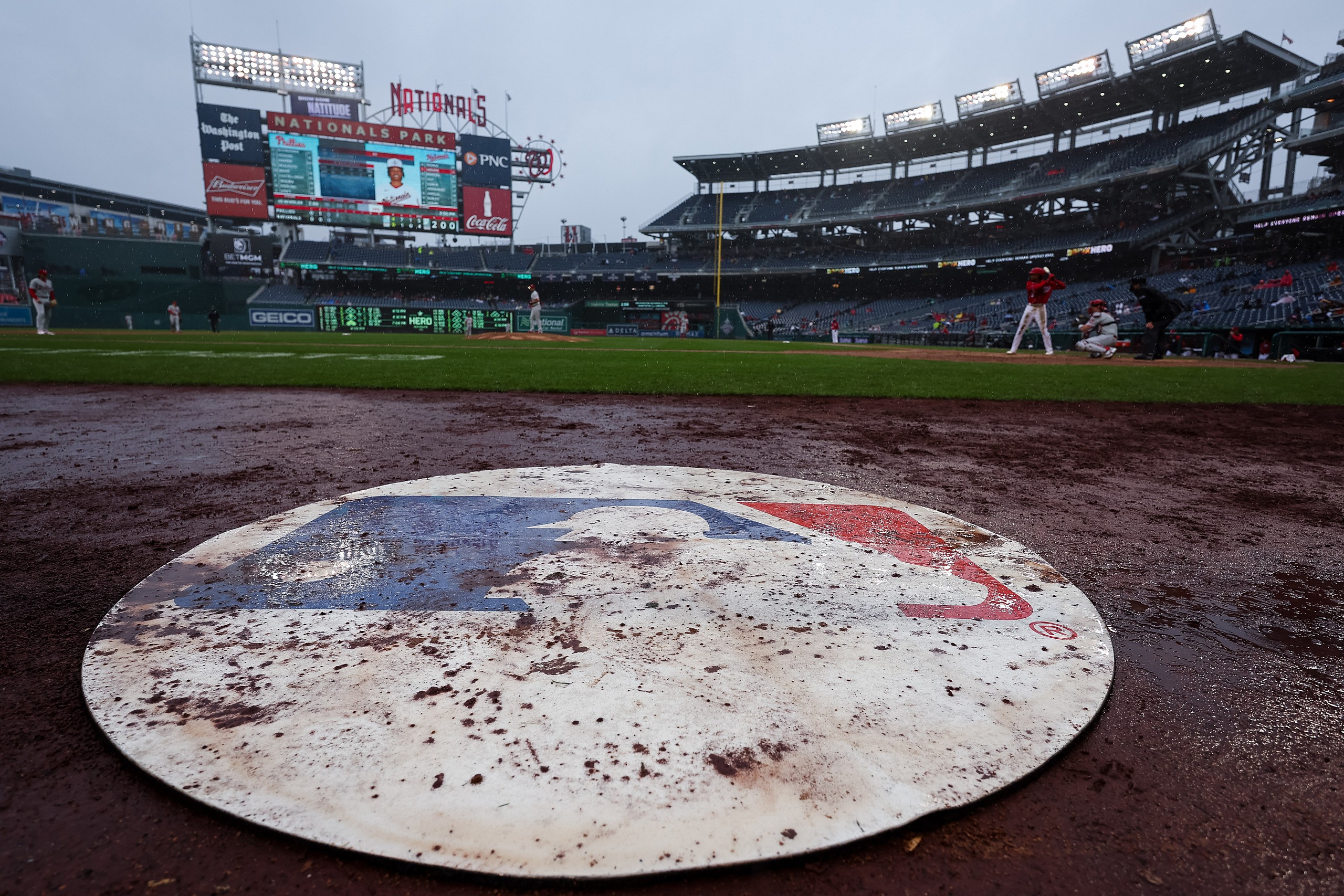
Your honor, If it please the court:
In the case of Sea Unicorns, et al, v. Manfred’s Looting Billionaires (MLB), we offer the following amicus brief in support of said Unicorns, and further move to eliminate MLB’s infamous 101-year-old antitrust exemption.
As the case currently before the 2nd U.S. Court of Appeals on behalf of the parent companies of the Norwich Sea Unicorns and three other minor league clubs stipulates, the exemption deserves a review by the U.S. Supreme Court, at least in the narrowed context of how the results of MLB’s recent contraction and reshuffling of minor-league affiliates represent a violation of the Sherman Antitrust Act.
The U.S. Justice Department agreed in a recent filing to the court after a lower court cited the 1922 precedent that gave MLB its exemption when dismissing the teams’ case, which prompted the appeal.
We concur with the Justice Department.
And with all due respect to order in the court, get rid of the whole damn, shameful exemption while you’re at it.
We may even have the right SCOTUS at the right time to make it possible.
Not that anyone wishes to see communities lose their major-league teams to more lucrative deals with other cities (which MLB has used its power to regulate within its legal monopoly; albeit, often at the cost of a community being strong-armed by the weight of the entire league to deliver new stadiums and sweetheart deals).
It’s at least debatable whether that will be a significant risk of such action, anyway.
How antitrust exemption impacts MLB

What we know is that the legal monopoly and monopsony created by the 1922 ruling that killed the rival Federal League that sued the National League in the first place has squelched competition over the past century to the degree that MLB:
- Dramatically suppressed wages for more than 50 subsequent years by use of an otherwise illegal reserve clause — beating back legal challenges because of the exemption in 1953 and 1972 — until the growing force of Marvin Miller’s labor union finally created limited free agency through arbitration and collective bargaining.
- Has controlled multiple levels of media rights and territorial rights and often leveraged use restrictions of publicly owned stadiums, which, all by power of its legal monopoly, has in turn created a market landscape that allows consumer price inflation without regard for industry competition.
As in most industries, the market advantages for the league and its owners have been enhanced by economic and marketing technology advancements in recent decades.
All of which has contributed to MLB’s ugliest truth: Baseball has a tanking problem that has only grown in the last decade and that has included teams from every revenue tier.
To that, your honor, we loudly object.
Maybe the ability a rival league to form would compel MLB to rethink the integrity of its product — maybe even force price adjustments.
Maybe wealthier players and former players who have expressed interest in ownership — such as Derek Jeter, Jason Heyward and Alex Rodriguez — could lend instant credibility to such a rival venture.
Maybe more voices get heard in a baseball industry with more competition. Maybe some of the veteran players squeezed out by high-tech valuation models find more robust job markets with MLB’s monopsony removed.
What we do know is that MLB’s exemption was bad law from the moment Justice Oliver Wendell Holmes wrote for the majority in 1922 that professional baseball did not represent interstate commerce and as such was exempt from the Sherman Act.
Subsequent courts acknowledged the bad precedent but refused to overturn it, suggesting the remedy be achieved through Congress.
But as we debate the issue in 2023, we do so against the backdrop of a SCOTUS that already has shown historically exceptional willingness to reconsider longstanding precedent over what its majority considers flawed application of the law.
Scuttling the five-decade precedent established by Roe v. Wade with its 6-3 ruling last year was a clear and present signal that Supreme Court precedent is no longer the immutable law of the land.
Not of this court decides it’s not.
Few Supreme Court decisions have been rendered with less observance and respect for facts under the existing law than the Federal League case. Not even subsequent Supreme Courts have denied that.
So the decision is clear, your honor.
Send the Sea Unicorns to Washington.
We rest our case.
Gordon Wittenmyer covers Major League Baseball for Sportsnaut. You can follow him on Twitter at @GDubCub.